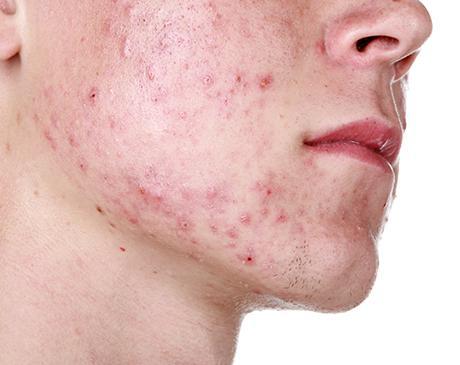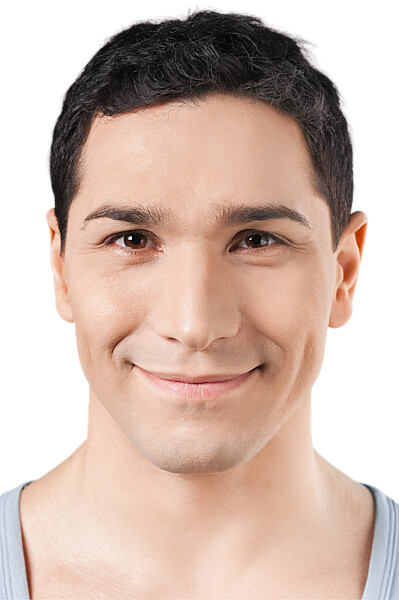
Acne Vulgaris, also known as acne vulgaris, is a milder form of acne. It occurs most commonly on the face, back, chest, or shoulders; although it can affect other parts of the body. Acne Vulgaris is a fairly common skin disease that usually occurs when hair follicle pores become blocked with excess oil, dead skin cells, and bacteria (sebum) (see below).
One of the most common forms of acne vulgaris, acne whitehead, is actually harmless. Its main cause is excess oil and dead skin. Some people have acne whitehead or blackhead that will clear up after a few days. However, if you continue to suffer from this type of acne over a long period of time, you should see your dermatologist.
Acne blackhead is often worse than acne whitehead because it contains more pigment. This makes the acne blackhead appear darker and much more noticeable. This is also a very common type of acne that tends to have a greasy texture. If left untreated, acne blackhead can become infected and produce pus. Treatment for acne blackhead usually involves washing out the blackhead with antibacterial soap.
Acne cyst is another form of acne. It is caused by an infection in an oily and dead skin cell. Treatment for acne cyst can be done by taking antibiotics, or by applying Retin-A to the affected area. You may want to consider consulting your dermatologist for a medical opinion before deciding on any treatment for acne cyst.
Pimple, also known as whitehead and blackhead, is not as visible as acne vulgaris. It is characterized by a dark or pink colored pustule. Acne cyst usually causes a severe inflammation of the pimple, making it hard to heal and leave a scar. These pimples are often painful and can bleed or become infected when left untreated. Therefore, treatment for acne cyst is more aggressive than that of acne vulgaris, as it leaves a permanent scar that may last years.
Although there are milder forms of acne than more severe forms of acne, the treatments available to treat them are relatively similar. One of the best ways to get rid of acne is to wash your face several times a day with a mild cleanser like tea tree oil. It can be effective for milder cases of acne vulgaris.

For severe acne, you may need to use, ครีมรักษาสิว, a retinoid cream (such as Differin) to get rid of the acne. However, if you have scars or cystic acne, you may need to see a dermatologist or plastic surgeon to treat them. In fact, it's best to see your doctor, as treatment options can include a combination of prescription and over-the-counter medications (such as Accutane). The treatment options that are best for a particular type of acne will depend on the severity of the acne.
You can prevent acne by eating a nutrient-rich diet. For example, eating foods containing vitamins A, B, C, E, zinc, niacin, folic acid, copper, silica, magnesium and zinc, among others, can prevent acne breakouts. Plus, if you smoke, quitting smoking can significantly reduce your chances of getting acne.
Some medicines that are used to treat cystic acne are antibiotics
Oral antibiotics such as erythromycin, tetracycline, or minocycline can be used to treat acne vulgaris. Antibiotics are usually prescribed for mild cases of acne. Oral antibiotics can cause side effects, which may include redness, irritation of the mouth, stomach, and esophagus, and vomiting.
For more severe forms of acne, oral isotretinoin may be prescribed. It has been used to treat cases of severe acne, including cystic acne, and is very effective in reducing the symptoms.
There are many forms of acne. Some people suffer from acne for a long time while others never experience it at all. If you are a chronic sufferer of acne, you may be surprised to find out that there are many different types of acne that can affect you!